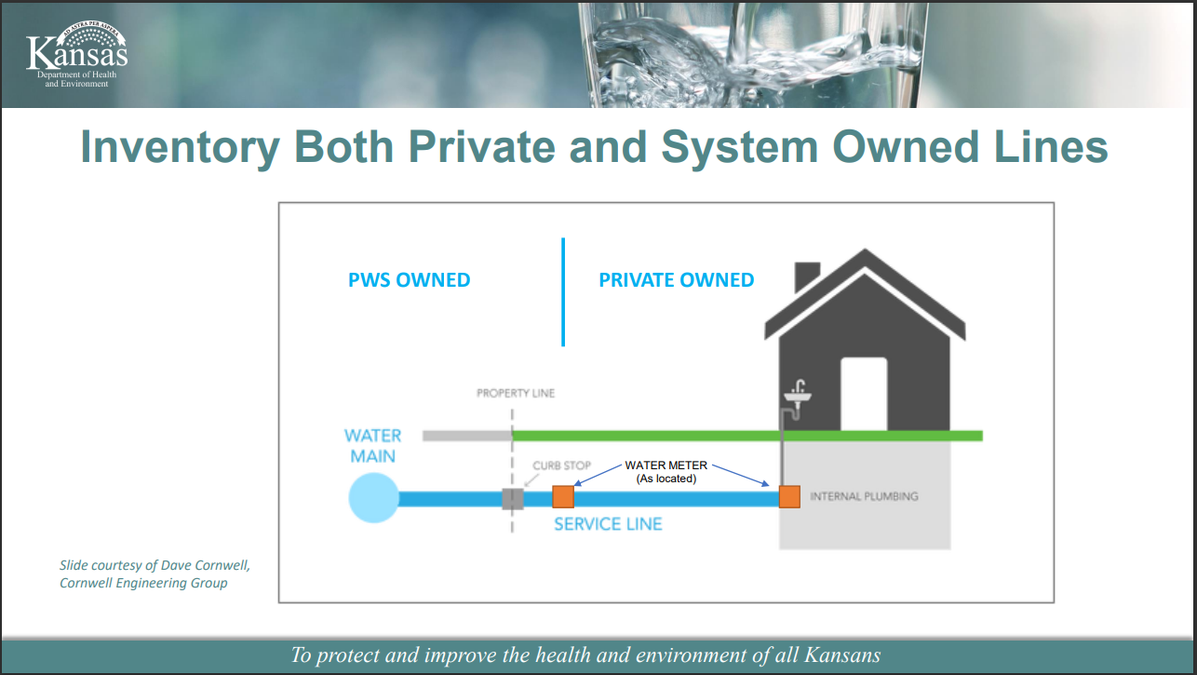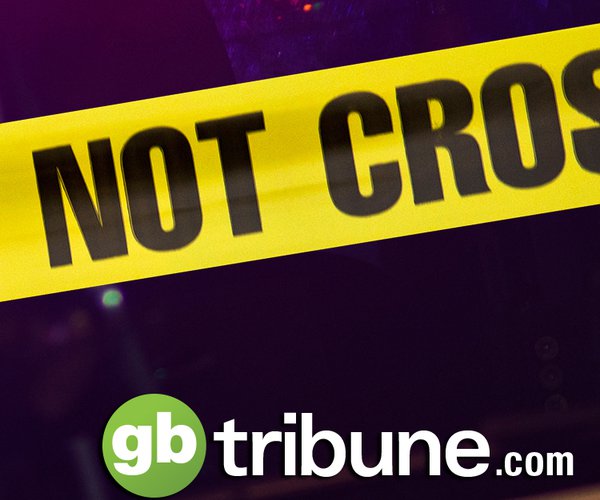As a way to encourage Great Bend city water customers to return the lead and copper pipe questionnaires, the city will offer a $25 credit on the utility bills for those who respond by the Aug. 31 deadline. The surveys are part of a local pipe inventory mandated by federal and state agencies.
Those who miss the deadline are not eligible.
The survey is on the city’s website and will also be mailed to all 6,700 active account holders, said Public Works Director Jason Cauley. It is also being promoted on the city’s social media sites.
“This is necessitated by new revisions to the lead and copper rule that have been implemented nationwide,” Cauley said, addressing the City Council Monday night. The council went on to approve the offer.
“Having these filled out would be a great benefit to us,” he said. The better the public response, the fewer visits Public Works Water Division personnel would have to make to water meters to probe for lead pipes.
These visits could involve “pot holing,” the boring of a roughly six-inch hole near the water meter, with the permission of the landowner, he said.
The City of Great Bend is required by the Environmental Protection Agency and Kansas Department of Health and Environment to survey its system for the presence of lead service lines. This mandate requires all cities to inventory — and ultimately replace — all lead pipes.
As the survey dictates, the city will come up with plans to replace lines from the meter to the house foundation. This includes those that are the property owner’s responsibility, but not those that may be inside the home.
Among the survey questions are the type of pipe and its size, and when the service to the home was installed, Cauley said.
“I know this is challenging,” he said, noting they just want residents to do their best. The will work with folk, and they can call or send in pictures.
The city must have its inventory completed by Oct. 16, 2024, he said.
The EPA is requiring 100% of all pipes be accounted for, Cauley said. So, the customers who respond, the better.
Cauley believes Great Bend is in pretty good shape and there are not a lot of lead pipes out there. The city stopped using lead in the 1980s.
Some of the requirements of the city include:
• For this lead and copper survey, the Kansas Department of Health and Environment has provided an Excel sheet to fill out as the city assesses the system that will be turned into the state.
• The survey is to include public water service lines and customer lines up to the foundation wall.
• The inventory must include all service lines connected to the public water supply distribution system regardless of ownership status (including city- and consumer-owned). The inventory must be made available for public review.
Cauley said the city has begun its survey through visualization and data mining by looking through current maps and records. Any time there is a disruption to the system either through main break, excavation for service or any other time that the lines are exposed, they are assessed and added to the spreadsheet.
There may or may not be funds available to help homeowners with needed replacements, he said.
As for punishment, Cauley that hasn’t been ironed out yet. It could include fines levied per each day the city is out of compliance.





